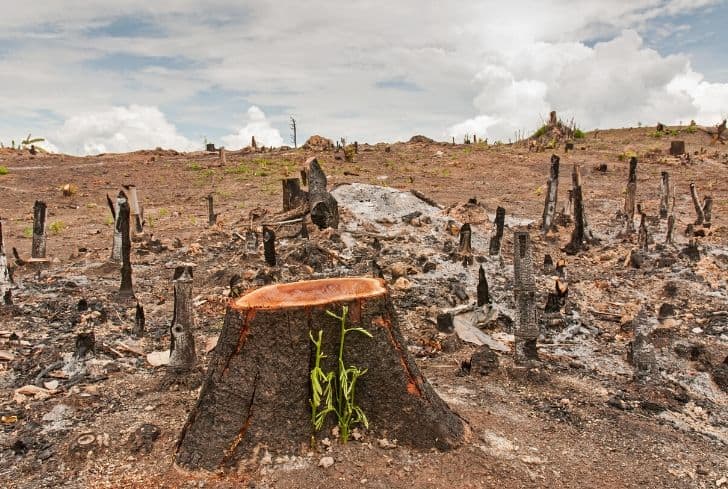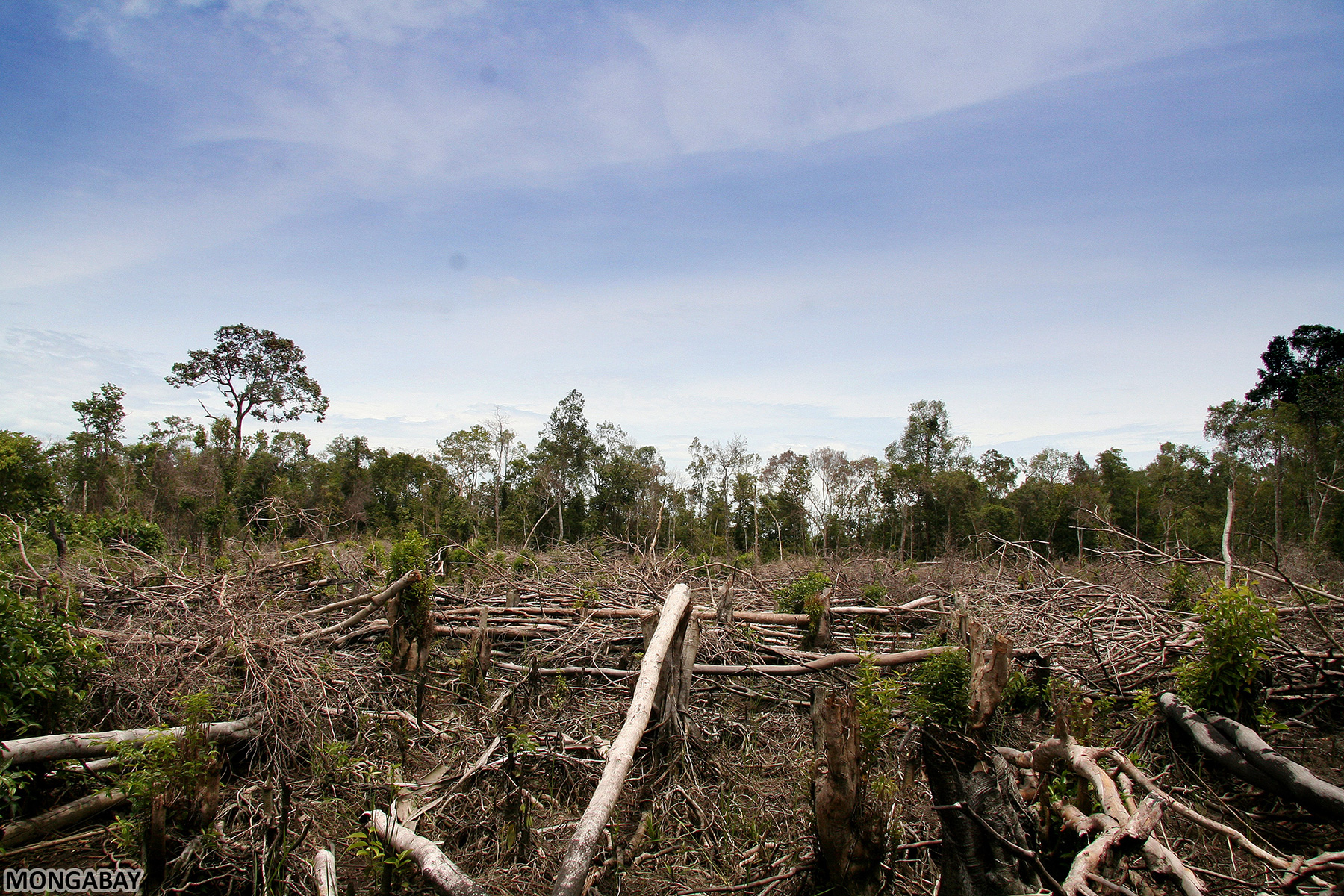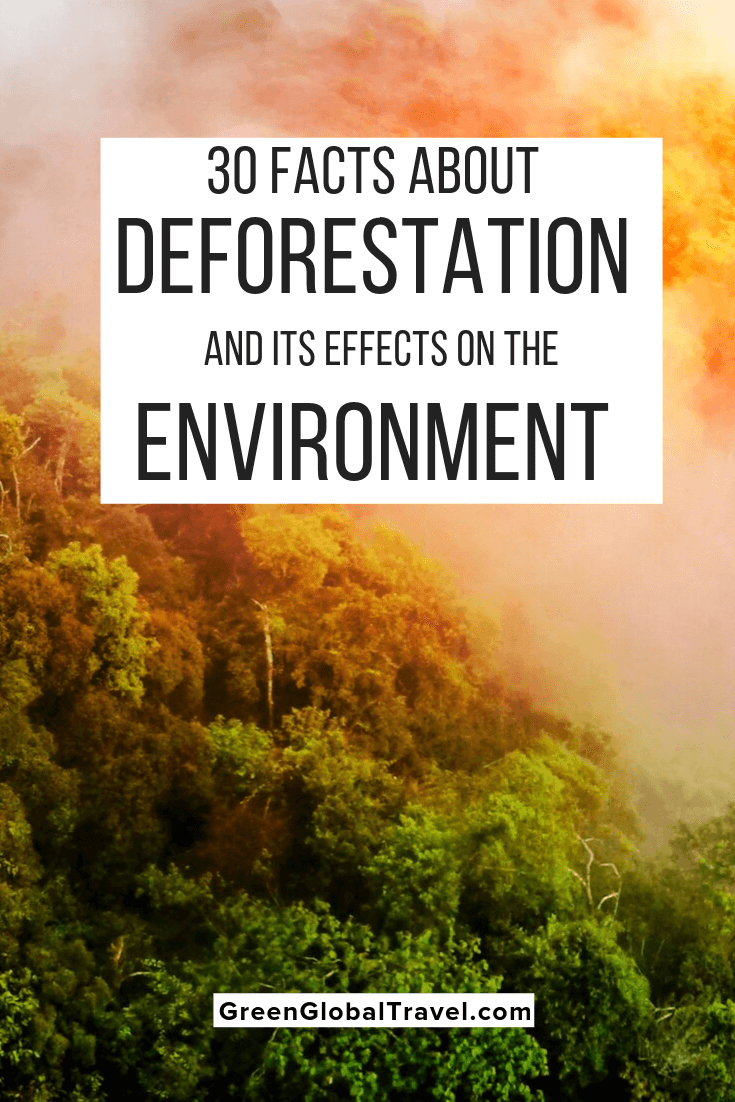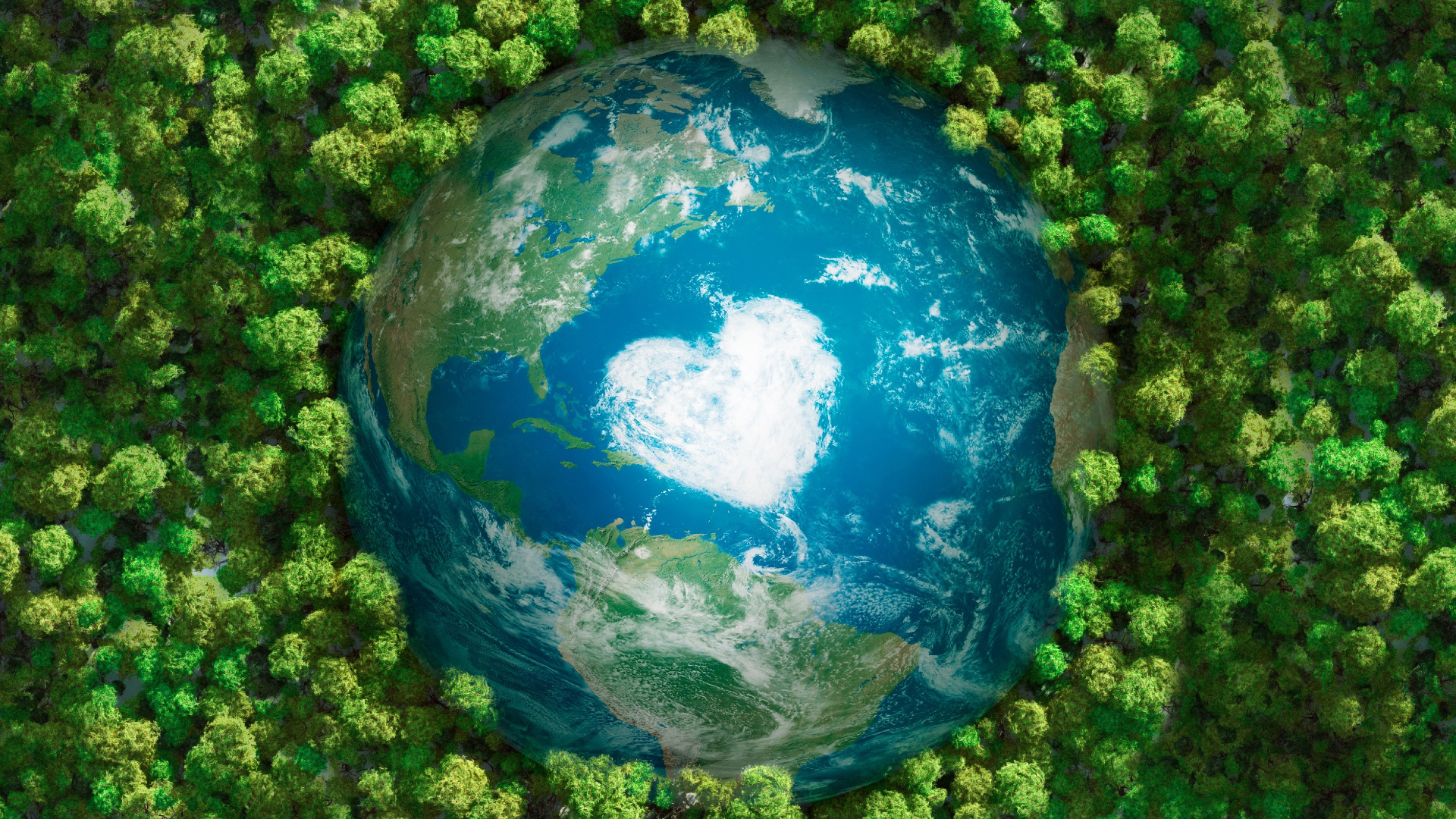Deforestation is the removal of forests, including the destruction of natural habitats and ecosystems. It is a major global issue that has significant environmental and social consequences. Forests play a vital role in the Earth's ecosystem, serving as a home for a variety of species, regulating the climate, and protecting against soil erosion. When forests are destroyed, it can have serious and lasting impacts on the environment and the people who depend on them.
One of the most significant effects of deforestation is the loss of biodiversity. Forests are home to a wide variety of plant and animal species, many of which are found nowhere else on Earth. When forests are destroyed, these species lose their habitat and may become extinct. This loss of biodiversity can have cascading effects on the ecosystem, as the disappearance of one species can have unintended consequences on the populations of other species.
Another major impact of deforestation is the alteration of the local and global climate. Forests play a vital role in regulating the Earth's climate by absorbing carbon dioxide from the atmosphere. When forests are destroyed, this carbon is released back into the atmosphere, contributing to global warming. Deforestation can also lead to changes in local weather patterns, as the loss of trees can affect the amount of rainfall and temperature in the area.
Deforestation can also have serious social consequences. Many indigenous communities and local populations depend on forests for their livelihoods, as they provide resources such as timber, medicine, and food. When forests are destroyed, these communities may lose their source of income and their way of life. Deforestation can also lead to land disputes and conflict, as people may compete for the remaining resources.
In addition to these environmental and social impacts, deforestation can also have economic consequences. The loss of forests can reduce the availability of resources such as timber and other forest products, which can have a negative impact on local and global economies. Deforestation can also affect tourism, as many people visit forests for their beauty and natural beauty.
There are several ways to address the issue of deforestation. One approach is through reforestation, which involves planting new trees to replace those that have been lost. Another approach is to promote sustainable forestry practices, which aim to balance the needs of the forest ecosystem with the needs of local communities and industries. Governments and organizations can also implement policies and regulations to protect forests and promote sustainable land use practices.
In conclusion, deforestation has serious and lasting impacts on the environment and the people who depend on forests. It is a complex issue that requires a multifaceted approach to address. By taking steps to protect and preserve forests, we can help to preserve the Earth's ecosystems and ensure a sustainable future for all.
6 Effects of Deforestation On Our Ecology

Slashing and burning the forest releases all of that carbon at once, making it too much for the remaining forest to process. However, Indigenous tribes are becoming increasingly vulnerable to deforestation, which has forced many people to migrate to urban areas and change their lifestyles completely. They are mitigators of floods, and stewards of the fresh water cycle. But d eveloping countries are catching up and are on track to rise by four times as much as in the developed world by 2028. But the rates of forest destruction have grown exponentially in the age of industrialization. We can support some of the conservation NGOs listed in this article. Like the ocean, forests absorb excess atmospheric carbon dioxide, serving as a much-needed buffer against However, if humans continue to destroy forests at the current rate, forests may reach their breaking point.
Deforestation in Africa: Causes, Effects, and Solutions

READ MORE: How to Reduce Your Carbon Footprint Oil palm plantation in Cigudeg, Indonesia by Achmad Rabin Taim from Jakarta, Indonesia CC BY Examples of Deforestation Despite the many negative effects of deforestation, the world economy is built on money rather than sustainability. Costa Rica loses about 860 million tons of topsoil every year, while Madagascar loses so much of its red soil to erosion that its rivers run blood-red leading astronauts to state that it looks like Madagascar is bleeding to death. Essentially, it is because after cutting down trees, the lands are used to plant crops such as coffee, soybeans, and rice among other cash crops. Rain, snow and fog all result in moisture falling on the earth. Commercial Logging and Failing Government Policies Only 24% of African forests are subject to long-term management plans, facilitating illegal logging and mining and thus the exploitation of timber. Deforestation Contributes about 4.
What Are the Effects Of Deforestation?

Hello, my name is Jenny Zoin a biologist with a love of all things science. We discuss the major causes of deforestation in Africa, its effects on the environment, as well as current policies and potential solutions to combat it. The roots of the trees anchor the soil and acts as natural blockades to stormwater runoff. I chose the study of living matter, with a focus on marine biology. Acidic Oceans According to the Just like the oceans, forests act as a carbon sink, with trees absorbing and storing atmospheric carbon. Water resources Deforestation and water cycle Infographics Credit: As we all know that The forest trees significantly prevent the rising water table, thereby Once there is an alteration in the recharge and the discharge water system, without a doubt, it can have severe impacts on the water and dry up the water resources.
What are the long term effects of deforestation on Earth?

We Lose Around 10 Million Hectares of Forest Every Single Year The world has been chopping down 10 million hectares of trees every year to make space to grow crops and livestock, and to produce materials such as paper. This, along with timber extraction, are the major drivers in Asia and Latin America: together, they account for more than 70% of total tropical forest degradation. The significant reduction of rain once produced by the forest would mean cooler temperatures in the atmosphere above the region. Being publicly-funded gives us a greater chance to continue providing you with high-quality content. Even so, the amount of carbon dioxide that humans emit every single day has increased so much in recent years, that tress would not be able to keep up with it. Palm oil has become nearly ubiquitous in modern consumer products, from potato chips and toiletries to biofuel. For example, you could look for second hand wood products like furniture and recycled tissue and paper products, or reduce consumption of products containing palm oil.









